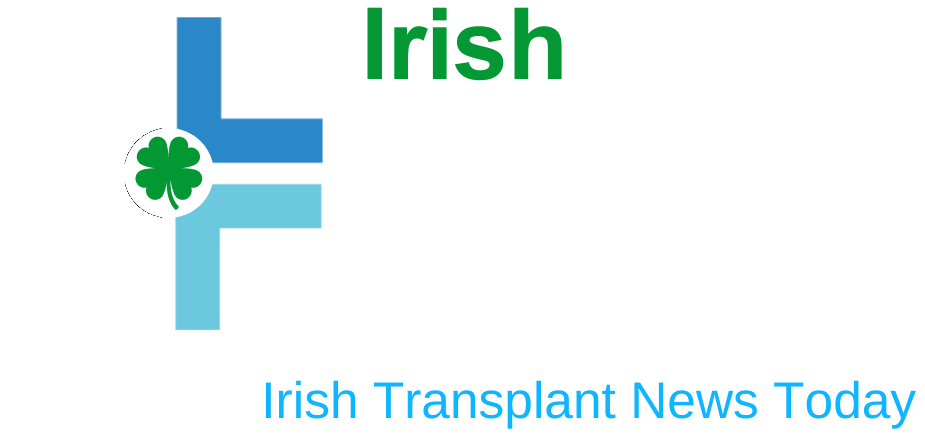Health Minister Robin Swann said the response to the recent consultation on statutory opt-out of organ donation had been very encouraging.
The consultation received almost 2,000 written responses and eight virtual engagement events were held over the 10-week consultation period, which ran from December to February.
The purpose of the consultation was to seek public input on how to introduce a soft opt-out organ donation system in Northern Ireland. This would require new legislation to change the current system from opt-in to opt-out, with the aim of making more life-saving organs available for transplant.
Minister Swan said: “We received a tremendous response to the consultation process and we would like to thank all the organisations and individuals who took the time to let us know how they felt about this vital issue.
“Their views will be reflected in the proposed changes to the law, which we believe will more truly reflect the public's altruism and willingness to donate their organs and tissues after death.”
“The views expressed in the consultation will inform the preparation of draft legislation which will be considered by the Northern Ireland Assembly in order to enshrine the proposed changes into law. Once we complete our consultation analysis in the coming weeks, the first step will be to gain executive approval to introduce a draft Bill. Depending on the views of the Assembly and the Health Committee, this process should take until the summer of 2022, but I, along with those who have been campaigning for these changes for a long time, want to welcome the completion of this first step in this important journey.”
One donor can save up to nine lives and in 2019/20, 51 deceased donors were found in Northern Ireland and 89 life-saving, life-changing transplants from deceased donors were carried out for Northern Ireland residents. However, there are still 115 people on the waiting list in Northern Ireland and last year 11 people in Northern Ireland died while waiting for an organ transplant.
Currently in Northern Ireland organ donations only take place if a person has explicitly agreed to donate, either by signing the NHS Organ Donor Register or by talking to their family. If they do not agree, their family are asked to make the decision on their behalf.
Under the proposed opt-out bill, anyone would be considered willing to donate unless they formally opted out. Families would still be consulted about organ donation and any religious or belief considerations. This would not change.
Over 90% of the population in Northern Ireland support organ donation, but only 48% record this decision on the NHS Organ Donor Register.
Notes to editors:
1. Both consent and donation rates have increased since the introduction of the opt-out scheme in Wales in 2015 and the accompanying information campaign. Consent rates increased from 58% in 2015 to 70.7% in 2020, but the impact was not immediate and took several years to have an effect. In England, the new opt-out scheme came into force on 20 May 2020. Scotland's opt-out scheme will come into force on 26 March 2021. The Irish government has previously indicated its intention to consider introducing a soft opt-out scheme. 3
2. Organ Donation:
Joining the NHS Organ Donor Register is easy – just call 0300 123 23 23 or Organ Donation Website.
Any discussion about organ donation will involve your family, and letting them know that you intend to donate will make things easier for them.
Someone dies every day in the UK waiting for an organ transplant
Anyone can join the NHS organ donor register and age or health conditions are not necessarily barriers to organ donation.
Through organ donation, a single donor can save and change up to nine lives, and through tissue donation, many more.
A soft opt-out system means:
- If you want to be an organ donor, you can register (opt-in) as an organ donor on the NHS Organ Donor Register and tell people close to you about your decision.
- If you do not record your intention to become a donor or if you do not inform those close to you that you wish to become a donor, it is assumed that you have no objection to becoming a donor. This is called “deemed consent”.
- If you don't want to be an organ donor you can opt out by registering on the NHS Organ Donor Register.
- You can also appoint a representative to make decisions on your behalf after your death.
3. For more information on organ donation, Organ Donation Website.
4. For any media enquiries please contact the DoH Press Office at pressoffice@health-ni.gov.uk
5. Follow them on Twitter health.
6. Executive Information Services also offers out-of-hours services Media enquiries only We are open Monday to Friday from 18:00 to 08:00, including weekends and public holidays. Our spokesperson can be contacted on 028 9037 8110.
Share this page


